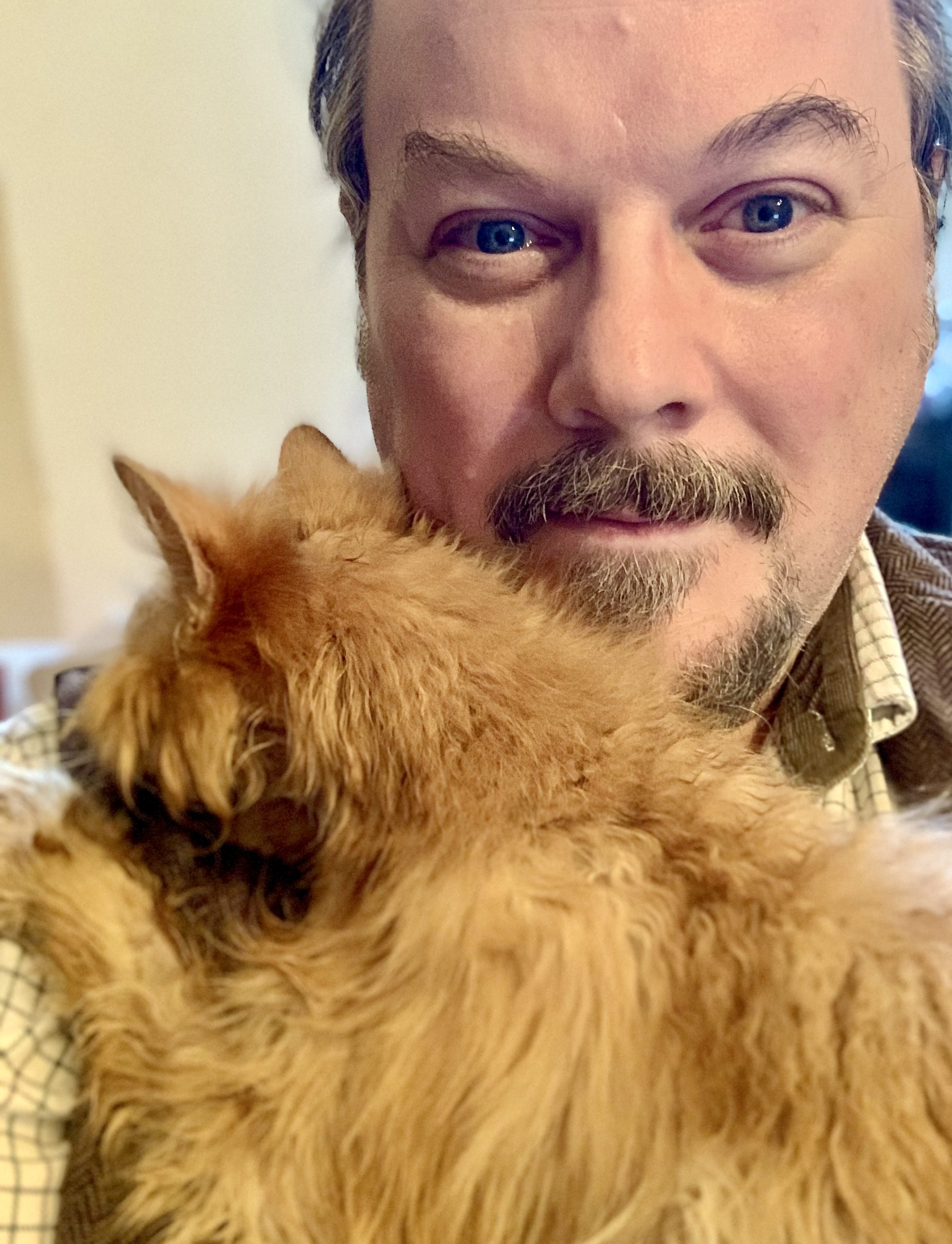
Mike Meekin
Science and Research Administration Officer
Science and Research Administration Officer, Mike, has a background in medical science, education, and science communication.
He holds undergraduate and postgraduate degrees in medical science, including research into breast cancer pathology, and has taught anatomy, physiology, pathology, and secondary school science. His work has focused on supporting and communicating complex scientific information clearly and responsibly for a range of audiences.
Mike is strongly motivated by Humanimal Trust’s One Medicine approach and its commitment to ethical, evidence-led collaboration across human and veterinary medicine.
Outside of work, he lives with his partner and their two feline family members, Willow and Luna.

